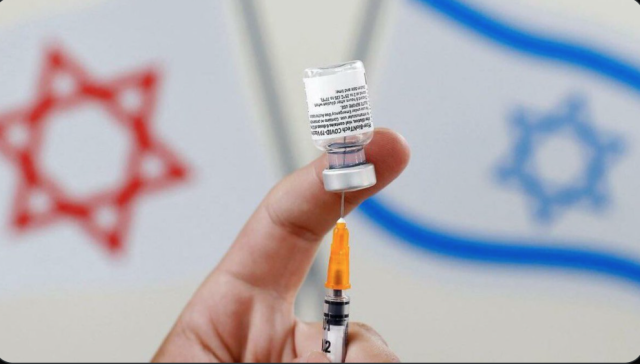Researchers in Israel are well on their way to developing the world’s first one-time injection/cure for HIV patients. By creating a technique to genetically engineer white blood cells that change inside the body and secrete antibodies that fight the virus, the research team is working on a technology that could one day lead to a cure for real HIV.
Other scientists have probed the engineering of type B blood cells in out-of-body lab settings, however, Dr. Adi Barzel’s team at Tel Aviv University is the first to engineer the cells within patients. The pioneering in-body antibody activity allows for a drug that, unlike anything currently on the market, will grow with the patient and their disease.
“What’s new is our ability – the first in the world – to engineer the immune cells via genome editing in a particular location, and do so inside the body of the patient,” Dr. Barzel told local reporters from the not-for-profit publication, ‘No Camels’.
“Our B cells can do even more. They can undergo mutation and selection in order to become even better at their job to bind the HIV virus even stronger. So what we’re seeing is the first evidence of the evolution of a drug. As the virus may mutate and change in order to avoid being caught by the antibody, our B cells can counteract this arms race.”
Israel’s scientists create a method to treat #HIV with a single injection and vaccination https://t.co/ZqT1BoKfYX via @Frontier India
— EGPAF Africa (@EGPAF_Africa) June 17, 2022
For decades, scientists have been attempting to find a permanent cure for HIV, the infection behind AIDS. The team at Tel Aviv University is working on two key elements: B cells and genetic engineering. Genetic engineering, on the other hand, is a process through which scientists alter, fix and embellish genes to address mutations or diseases.
Using the innovative CRISPR technique – a technology formed on the bacterial immune system against viruses – the team focused on engineering B cells through viral transportation.
https://t.co/tuZ97RRXYW
— medicalnews (@medicalnews20) June 21, 2022
Scientists develop new technique to treat HIV infection with just a single injection.
Researchers from Tel Aviv University published a research paper entitled In vivo engineered B cells secrete high titers of broadly neutralizing anti-HIV antibodies....
“The ingenuity – the novelty – of engineering B cells in vivo rather than ex vivo has a great advantage in scalability. It will allow us to treat many more patients, much quicker and much cheaper,” Barzel explains. While the team’s previous research was seeking the efficacy of B cell engineering in mice, Barzel now hopes to progress to monkey studies. Ultimately, he hopes his work will lead to clinical trials and finally approved drugs to change the lives of human patients. While HIV is no longer deadly, a proper cure does not exist.
“People can live with HIV, but they need to take drugs every day of their life. And there are issues with side effects, with whether the person indeed takes the drug every day and thus prevents further spread of the virus. And there’s a social stigma that people would love to avoid,” Barzel says.
A new mouse study by researchers from Tel Aviv University and collaborators demonstrates a potential new treatment for AIDS which may be developed into a vaccine or a one-time treatment for patients with HIV. Learn more: https://t.co/l8n3u8JdUM pic.twitter.com/LJuRmI4Fn5
— Genetic Engineering & Biotechnology News (@GENbio) June 14, 2022
“With B cells, we will be able to tackle many more diseases, additional types of cancer, autoimmune diseases, infectious diseases, allergies, and much more,” Barzel adds.


